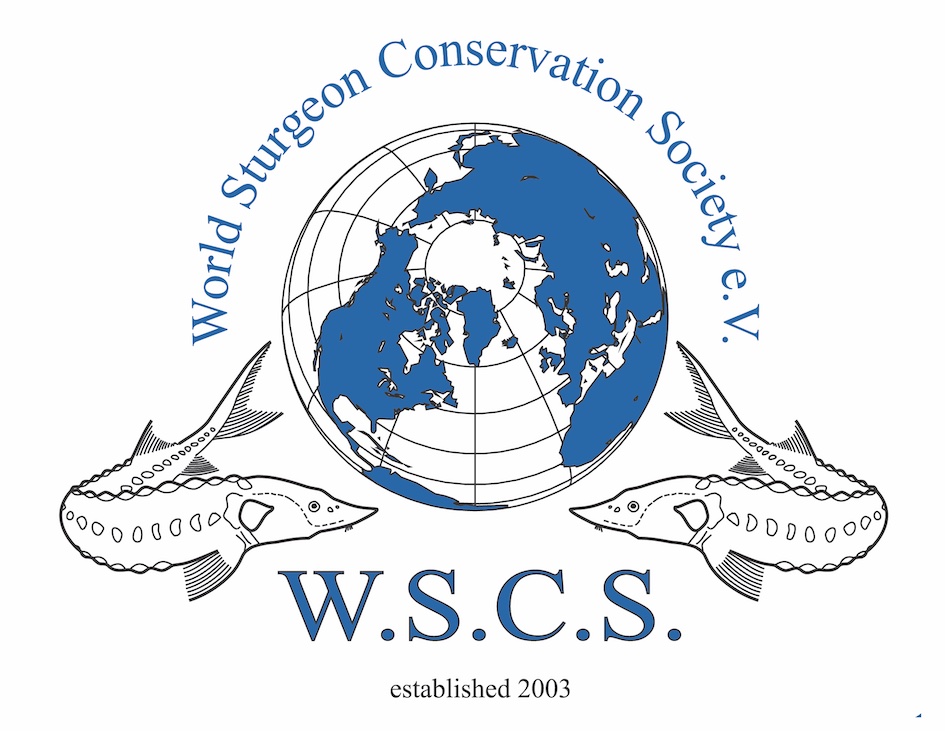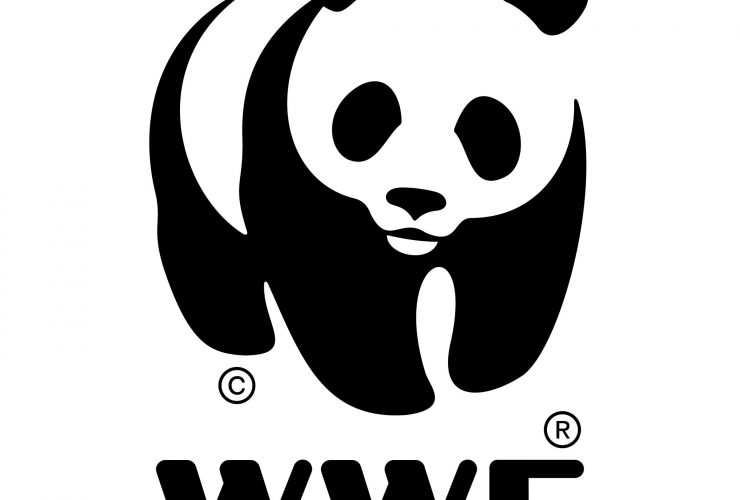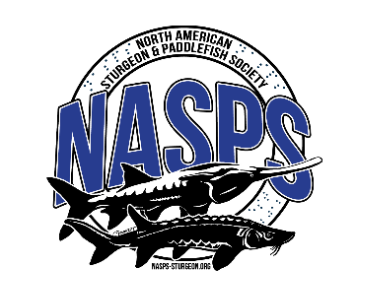Norway has now published the “Scientific assessment of risk from trade to CITES-listed species of sturgeons and paddlefishes” the Scientific Opinion of the Panel on CITES and the Panel on Biodiversity of the Norwegian Scientific Committee for Food and Environment.
This report presents a scientific risk assessment based on the criteria given under the Convention on International Trade in Endangered Species of Wild Fauna and Flora (CITES).
For 11 species of sturgeons and paddlefishes, VKM has assessed whether international trade poses a threat to their survival in the wild (cf. Resolution Conf. 16.7 (Rev. CoP17)) in the form of a “non-detriment finding” (NDF). An NDF is an assessment of the impact from legal international trade on the survival of a species in the wild. It summarizes knowledge on various aspects of the species’ biology, environment, trade volumes, threats, monitoring, and management. The outcome of an NDF may be positive (no detriment), negative (detriment), or inconclusive (more documentation needed). Based on the species-specific assessments in this report, VKM concludes no detriment (positive) for two species. For nine species, VKM assesses that all trade in wild-sourced sturgeons would be detrimental to the species. For captive-bred sturgeons, VKM is unable to determine whether international trade is a threat to the species’ survival in the wild, as the available information on the impact of aquaculture on wild populations is conflicting and insufficient. Hence, the outcomes of the NDFs are set to inconclusive for these nine species.
The report is available under: Is trade in sturgeons a risk to wild populations?





